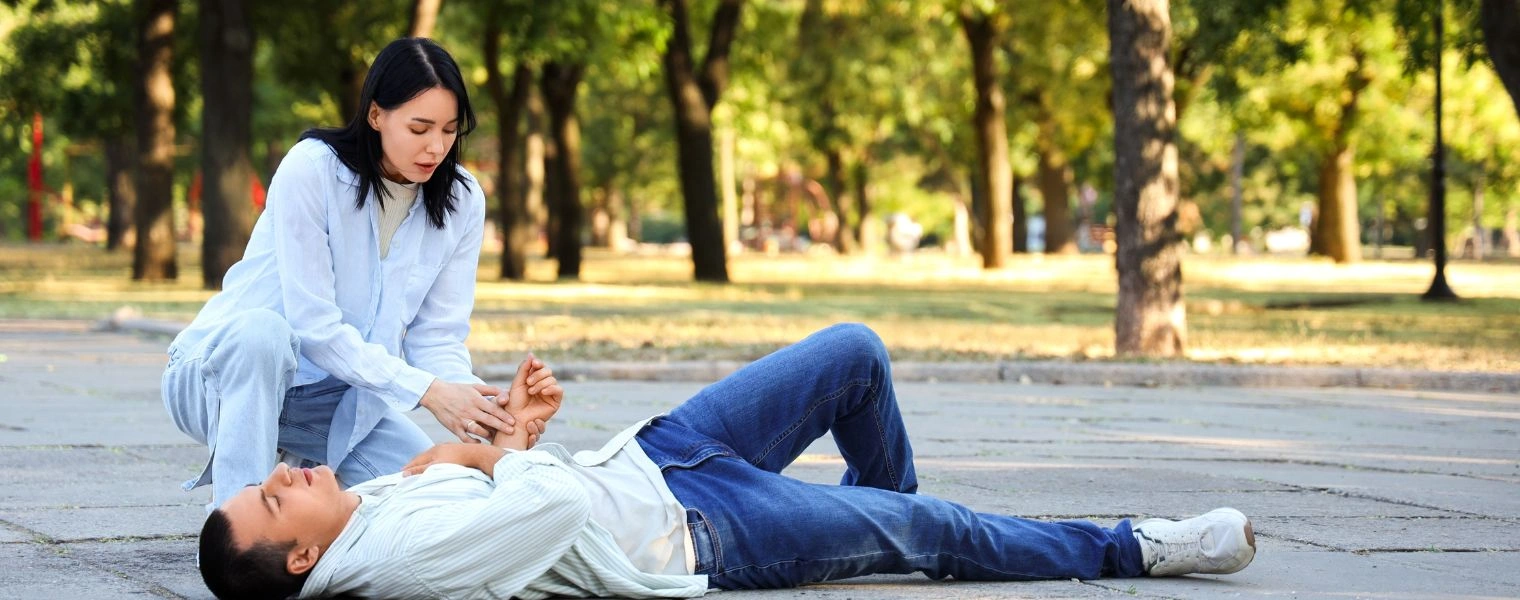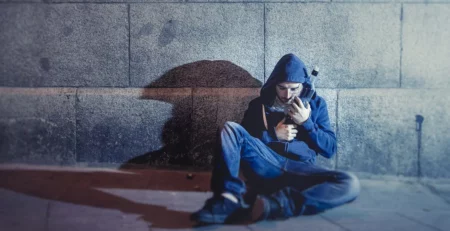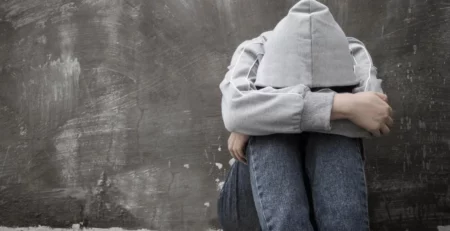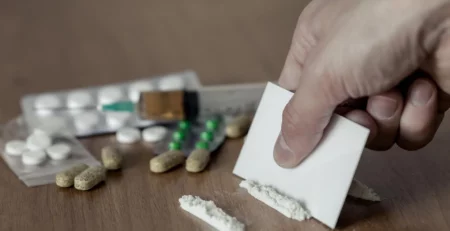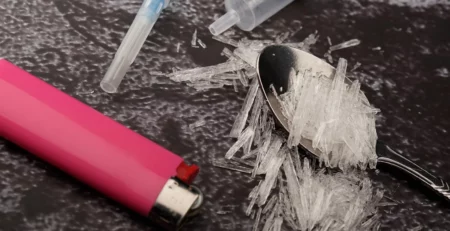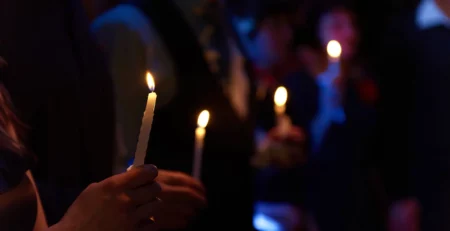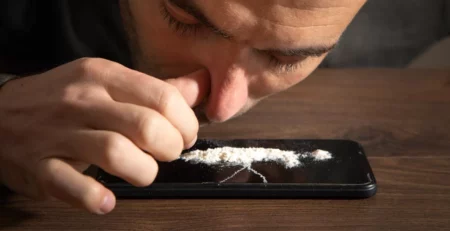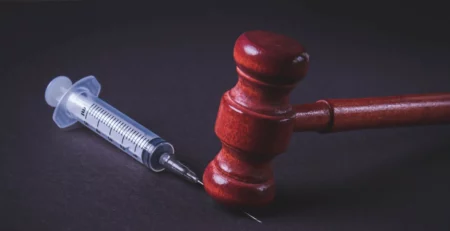Does Nevada Have a Good Samaritan Law for Overdoses?
Addressing Overdose Liability and Getting Help
What do you do in a moment of crisis when someone’s life is on the line? What if someone you love and care about is fighting for life due to a drug or alcohol overdose? As a bystander, your decision to intervene could be the difference between life and death.
But despite that, many people hesitate to help because they constantly fear the potential legal consequences of doing so. Will it lead to legal implications or repercussions for me? Will anyone understand that I was trying to help?
Does Nevada have a good Samaritan Law for overdoses?
These are common questions and which is why Icarus Behavioral Health wants to help its readers understand Nevada’s Good Samaritan Law. When emergency medical services are on the way, you can render aid to someone without the fear of criminal prosecution.
Nevada’s Good Samaritan Law protects you if you act in good faith to help someone or provide aid during a serious medical emergency. It could be drug overdoses or other medical emergency cases.
However, if you think that you or someone you care about needs professional care for substance abuse disorder, contact Icarus Behavioral Health today. We can help you address your ongoing addiction and recover from the underlying causes of it.
Get a confidential consultation today.
What Is the Good Samaritan Law in Nevada?

Many times, locals and bystanders fear legal consequences if they help someone collapsing or in need of medical aid. Therefore, Nevada’s Good Samaritan Law gives you legal protection when you voluntarily offer medical assistance. It also protects you when you render aid in some other form during an emergency situation. For instance, you may offer help in an emergency like a drug overdose or alcohol overdose. And, if you are doing so in good faith, the law will protect you even if it leads to unintentional damages.
The Good Samaritan Law encourages you to be there to help in an emergency without the fear of legal consequences. And furthermore, it also protects you against legal liability if you provide assistance in good faith without expecting any payment or reward.
Nevada Law – A Hypothetical Scenario for a Good Samaritan
Suppose you are walking down the road as one of the innocent bystanders or someone at a gathering, and you see someone collapse due to cardiac arrest, let’s say because of an overdose. The situation seeks medical assistance and you can provide aid under the Samaritan Drug Overdose Act.
You will be protected from criminal prosecution or civil liability against any civil damages, unless it was intentional harm. In fact, if you’re a member of a search and rescue organization in Nevada and “under the direct supervision of any county sheriff”, you cannot be held liable for any civil damages.
Hence, you can perform CPR or use an automated external defibrillator (AED) if available. Among good faith efforts, you should also report the scene to appropriate authorities as quickly as possible.
Get Accredited Treatment Programs at Icarus – Call Now!
What Does Nevada’s Good Samaritan Law Not Offer Protection From?
While offering such assistance or medical care is protected under Nevada’s Good Samaritan Law, you should know that there are some limitations to it as well. For instance, the law will not shield anyone in case of “gross negligence” or intentional harm (we’ll get to that later) – even if they are medical professionals
In case someone is unqualified and makes obvious errors, the legal liability will apply then. In the same way, if someone causes harm through reckless actions, Nevada’s Good Samaritan Law will not protect them.
So, in simple words, you are acting in good faith as a qualified professional, it will protect you. However, if your actions lead to harm because of recklessness or willful misconduct, the law doesn’t offer immunity.
Who Is Protected by Good Samaritan Laws Passed by the States?

It protects anyone acting in good faith to offer assistance or medical treatment (if they are qualified) during an emergency. This will include individuals other than healthcare professionals as well, like:
- Bystanders who try to help someone in distress by calling 911 or offering basic care
- Medical professionals or someone outside their usual role like a restored police officer helping during an emergency
- Friends or family members who are helping get medical attention for someone
Do Bystanders Have a Legal Responsibility To Intervene?
No, it does not impose a legal duty on bystanders to intervene. And no, it does not require you to act in an emergency. However, you have protection against legal consequences so long as your actions are in good faith – if, you offer emergency care.
Up To 100% of Rehab Costs Covered By Insurance – Call Now!
The Three Limitations of the Good Samaritan Law (When Does it Not Apply)
So, there are limitations to Nevada’s Good Samaritan Law? Yes, there are a few you should know before you provide reasonable care to someone in an emergency.
Gross Negligence
If you or someone is acting recklessly (grossly negligent) – or making dangerous decisions – that puts others in danger, then the Good Samaritan Law will not apply.
Criminal Acts
If you are engaged in illegal activity or provide assistance while under the influence of a substance (drugs or alcohol), then the law also does not apply.
Expecting Payment
And finally, if you are expecting a reward or payment in exchange for help, the law also doesn’t apply.
Encouraging People and Finding Hope with Professional Help at Icarus

We believe that Nevada’s Good Samaritan Law encourages people to act in good faith without the fear of legal repercussions or – anxiety about criminal prosecution. You don’t have to be an experienced health care professional or paratrooper to qualify as a good citizen.
You can act out of good faith to help someone with severe injuries or a life-threatening emergency situation. Even basic emergency care can be the difference in someone making it – or not. For now, you should remember that acting under Nevada’s Good Samaritan Law will protect you if you try to offer emergency services in case of:
- Drug overdose
- Alcohol overdose
- Any other type of emergency situation
Remember, every second counts. And therefore, we encourage you or anyone that you know who is struggling with addiction, to find the care they need. At Icarus Behavioral Health Nevada, we provide professional care and treatment plans to help you overcome addiction.
So, what are you waiting for when the path to long-term recovery is only a call away? Schedule a confidential consultation today!

